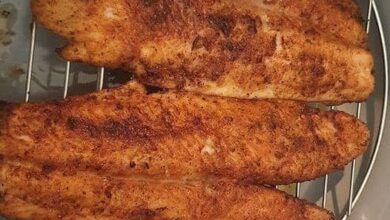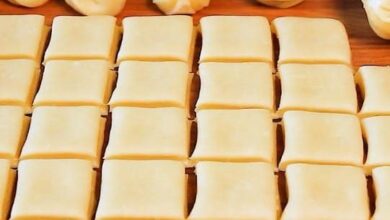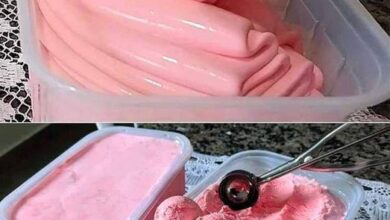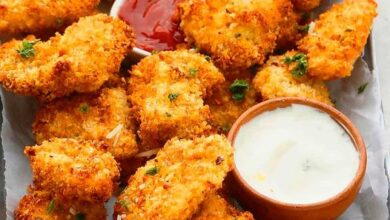
Lady dumps eggs into bucket of water & adds ‘water glass.’ Have you seen this before? Here’s why
Eggs, a globally cherished and versatile food, can be utilized in various culinary applications. Yet, their limited shelf life poses a challenge for those seeking prolonged storage.
ADVERTISEMENT
Understanding Water Glassing
Water glassing, alternatively known as “pickling eggs,” is an ancient technique for preserving eggs. This method involves submerging fresh eggs in a solution of sodium silicate, commonly referred to as water glass. By forming a protective seal around the eggshell, water glassing effectively extends the eggs’ shelf life for several months, enabling long-term storage without the need for refrigeration.
ADVERTISEMENT
How Water Glassing Operates
The process of water glassing begins with the careful examination and cleaning of fresh eggs. Only intact eggs are suitable for preservation. Here’s a step-by-step guide:
ADVERTISEMENT
- Initial Steps: Prepare a solution by mixing water and sodium silicate. While the recommended ratio is typically one part sodium silicate to ten parts water, variations exist. Ensure thorough mixing of the solution.
- Egg Immersion: Place the clean, uncracked eggs into a sterile container such as a glass jar or food-grade plastic container. Submerge the eggs completely in the water glass solution.
- Container Sealing: Seal the container tightly with a lid to prevent air from entering. Label the container with the preservation date for reference.
- Appropriate Storage: Store the container in a cool, dark location, such as a pantry or cellar, maintaining an ideal temperature range of 45-55°F (7-13°C).
- Routine Checks: Periodically inspect the eggs for any signs of spoilage, such as unusual odors, off-color yolks, or altered texture. Discard any eggs displaying signs of spoilage.
The Historical Background of Water Glassing
Water glassing has its origins in the necessity for food preservation in eras devoid of refrigeration and modern storage methods. Communities with limited access to fresh food sources, particularly rural areas, relied on water glassing to extend the shelf life of eggs. Passed down through generations, this practice continues to be utilized today.
Motivations Behind Water Glassing
Numerous factors drive individuals to opt for water glassing:
- Prolonged Preservation: Water glassing enables eggs to be stored for extended periods, addressing the needs of those residing in remote areas or experiencing egg scarcity.
- Self-Reliance: Individuals raising chickens or living off the grid utilize water glassing to preserve surplus eggs for personal consumption or bartering.
- Preparedness for Emergencies: Water-glassed eggs serve as a valuable addition to emergency food supplies, offering sustenance without the need for refrigeration.
- Reduction of Food Waste: Preservation of excess eggs contributes to minimizing food waste, allowing efficient utilization of resources.
- Culinary Preferences: Some individuals appreciate the taste and texture of water-glassed eggs in specific culinary endeavors, such as pickling or preparing deviled eggs.
Safety Measures
When executed correctly, water glassing is a safe and reliable preservation method. However, adherence to proper hygiene practices and quality control is crucial. Regular inspection of stored eggs for signs of spoilage is imperative for maintaining safety and freshness.
It’s essential to note that water-glassed eggs may exhibit slight differences in texture and flavor compared to fresh eggs. While some may find these variances negligible, others may prefer the distinct qualities of fresh eggs.
In conclusion, water glassing stands as a time-honored method of egg preservation, extending their shelf life for several months without refrigeration. While less common in modern households with access to refrigeration, it remains a valuable technique for those prioritizing self-sufficiency, long-term food storage, or a taste of culinary tradition. Adherence to proper procedures ensures the safety and quality of water-glassed eggs.




